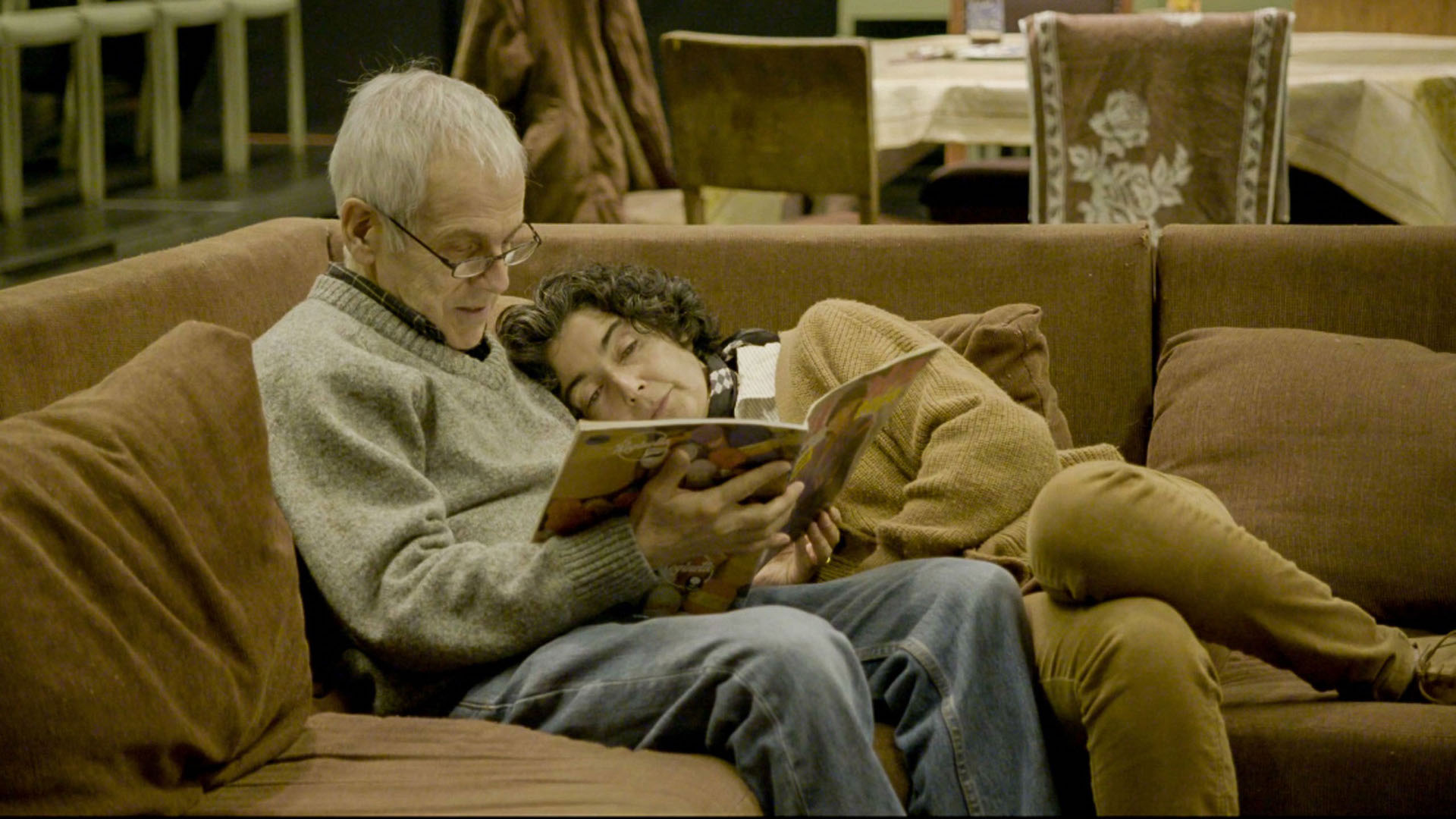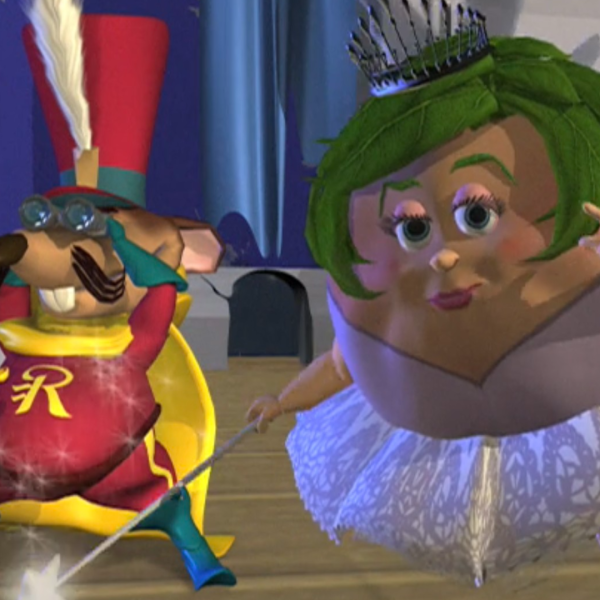Director Maite Alberdi set out to capture the experience of living with Alzheimer’s disease but at times even subject Paulina Urrutia forgot she was filming the documentary “The Eternal Memory.”
The film centers on a Chilean couple, Augusto Góngora and Urrutia, who grapple with Góngora’s Alzheimer’s diagnosis. The duo have been together for 25 years, but Urrutia, an actress-turned-Minister of Culture and the Arts in Chile, is awaiting the day her love does not recognize her anymore. “The Eternal Memory” is distributed by MTV Documentaries and won the 2023 Sundance World Cinema Documentary Grand Jury Prize. Director Alberdi later won DOC NYC’s award for Documentary Excellence.
Following a screening of “The Eternal Memory” at IndieWire’s inaugural Art of the Doc series presented by National Geographic at the Landmark Westwood in Los Angeles, subject Urrutia sat down with IndieWire’s Anne Thompson to discuss the film.
While speaking using a translator, critic Carlos Aguilar, Urrutia said that director Alberdi was “very interested” in capturing the “subject of Alzheimer’s” onscreen after completing her previous documentary “The Mole Agent.”
“People always think that people with Alzheimer’s live [a certain way],” Urrutia said. “I got a different impression from the way that we dealt with it.”
Urrutia credited partner Góngora’s openness in front of the camera, which in turn made her feel as though she wasn’t even participating in a documentary.
“The fact that he showed his fragility allows us to confront one of the illnesses that is so taboo and people are so afraid of it,” Urrutia said. She spent six years with director Alberdi making “The Eternal Memory” to capture how the disease affected him.
“I sometimes recorded hours of him going through delirious states,” Urrutia said. “You press play and forget. I would set up the camera and press play and forget about it. The battery will run out, the space to record will run out. But I never checked that material.”
She continued, “I never realized it was out of focus and Maite never corrected me or told me no, she never told me not to record this or that.”
Urrutia discussed a particular sequence during which Góngora is taking a bath and speaks quietly to avoid the camera picking up what he’s saying.
“I don’t know if you realize, but in the scene where he’s in the bathroom, taking a bath, he speaks very quietly because he’s conscious that the camera is recording us,” Urrutia said. “There was a lot of trust between us, especially because the cameramen that Maite used in this film worked with Augusto for many years.”
When discussing her hopes in what audiences take away from “The Eternal Memory,” Urrutia said, “The first is for us to realize that memory is not only a personal thing or within our families. It is something that we construct collectively. I think this is a different way of facing an illness that causes so much fear and creates so much distance. I think this is the pandemic of our time and we should learn more about this illness.”
Urrutia concluded, “I also think the reason why young people who like this movie like it is because they get to see love through time.”



